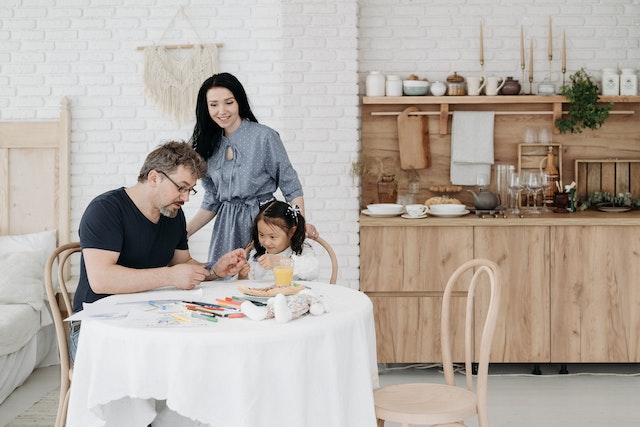Being a foster carer is highly rewarding, regardless of whether you look after teenagers or the youngest of babies. However, the niche group of foster carers who do open their homes to infants need a unique set of skills to feel empowered and confident in the role. These tips will help any foster carer about to welcome a new baby step into the role with ease.
Get Ready
Just like when you are welcoming your own new baby into a family home, it is important to get completely ready. This should happen, preferably, before they arrive! Typical products you may need include nappies, wipes, bottles and formula, and teethers or baby-specific toys for their enrichment and development. Your fostering agency will have a set list of expectations in this area, and the best advice is to follow this with no exceptions.
Talk Through Your Concerns
This is the moment to talk through any concerns with your social worker. While you will always be able to open up a conversation about anything over the course of looking after a small child, it is a great idea to flag everything upfront so you can find some peace and resolution. This will enable you to be empowered in what you need to do, and ensure that the baby will be well looked after with the best information possible.
Connect with Local Activities
Looking after a baby can be an isolating experience, so do not be afraid to get out there in the local area and explore. Whether you are fostering in Blackpool, or at the opposite end of the country, there are bound to be a dozen or more baby-focused groups nearby to pick from. This means you will get to meet friends and ensure that the baby has lots of engagement in their life as well.
Mentally Prepare
When a foster carer steps up and takes on the mantle of carer to an infant, the demands and expectations are different than any other age group. A baby needs attention and support 24 hours a day and night. It will be your job to help them into a sustainable sleep pattern, keep them clean, feed them, and attend to all of their cries and shouts. This meansthat one of your top priorities will be to look after your mental health and come to terms with the reality of this job before you accept a placement. Mental preparation will always help you if you ever have a particular challenge to overcome.
Try to Get Into a Rhythm and Routine
One thing that is great for a young mind is a solid routine. Don’t worry about what comes after the baby moves on from your home because right now your job is to set up a routine that they can rely on and one that makes them feel safe. This can include healthy habits in the morning and ones at bedtime too. Any infant from six months and upwards will benefit from a bedtime routine and it is actually a fantastic way to get them used to healthy sleep habits. It should include things like a story, a bath, and a nice pyjama ritual as well. This is a great way to not only build those all-important attachment synapses but also help the young person to trust their environment as well. All of this work can be shared with the birth family, should the baby return to them in the future.
Consider the Contact Requirements
A big part of this routine may often include facilitating contact with the birth parent or parents. This should be a positive experience for the baby, though it can be quite difficult and emotional at times as well. It is important to set boundaries and stay professional. It all depends on the circumstances in which the baby was taken into care. Sometimes, the birth parents are not allowed to see the child because of an active investigation. All of this will become clear in the notes and meetings prior to the placement commencing.
Fostering a baby is a lot different from fostering a child or a teenager. There are bigger demands and important developmental milestones to nurture as well. Make sure you are ready for everything to come.

